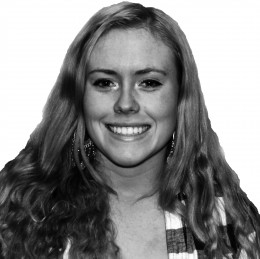
Welcome to the Death Café! A Death Café is a gathering where people can discuss death in a relaxed and safe atmosphere. The objective of these workshops is “to increase awareness of death with a view to helping people make the most of their (finite) lives.” Originating in Switzerland and spreading throughout Europe, Death Cafés have increased in popularity and popped up all around the U.S. While I’m not sure I would ever actually go to a Death Café, the idea behind them should be strongly considered.
There’s a European tradition of meeting at a public place for a group discussion of important topics. Those interested in philosophy may attend a café philo, and those interested in science may go to a café scientifique. At one of these meetings, members of the community can exchange ideas, thus broadening everyone’s horizons. These cafés are what inspired Bernard Crettaz, a Swiss sociologist, to develop the idea of a café mortel, or Death Café. In 2010, after Jon Underwood of London read the work of Crettaz, he immediately set up his first Death Café.
“When people sit down to talk about death, the pretense kind of falls away, and people talk very openly and authentically,” Underwood said. According to Underwood, Death Cafés have consisted of elderly people, young couples and even small children brought by their parents to help them understand a death they have experienced.
Death is one of those things that we all have to deal with and learn to accept, but are never really taught about. In middle school and high school we take classes aimed at teaching us how to appropriately and effectively deal with other life experiences, such as health, exercise, sex education, technology, cooking, nutrition, writing checks and laws. I’m not saying there needs to be an entire class devoted to death, but the conversation needs to be placed on the table.
Death Cafés provide a place for people who wish to talk about death or get other people’s perspectives on it. Some people may be too afraid to offend someone or create an awkward situation by just talking to a friend or family member about death. Death Cafés could be a great place for children to go after they have experienced their first death, whether it is a pet or a grandparent. Maybe parents should take it one step further and explain death to their children before they ever experience it, and by making death seem normal, which in reality it is, we can all be more comfortable with it and feel better about it when it comes.
Death is usually avoided in everyday conversation because most people just don’t know how to confront it and, therefore, just subconsciously deny it will ever happen. Sure, we all know we will die one day, but thinking of yourself actually dying can at times be impossible to fathom. Albus Dumbledore once called death “the next great adventure,” and whether you believe in an afterlife or not doesn’t matter because death is an event in every person’s life. If we can truly capture what this means, maybe we can transform how we think about it from a tragedy to a celebration of that person’s life.


